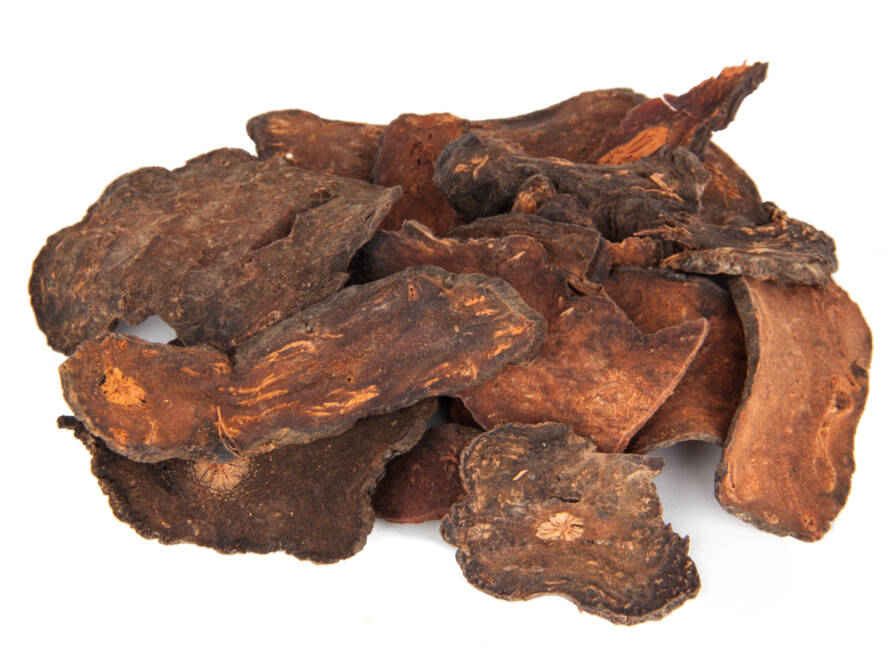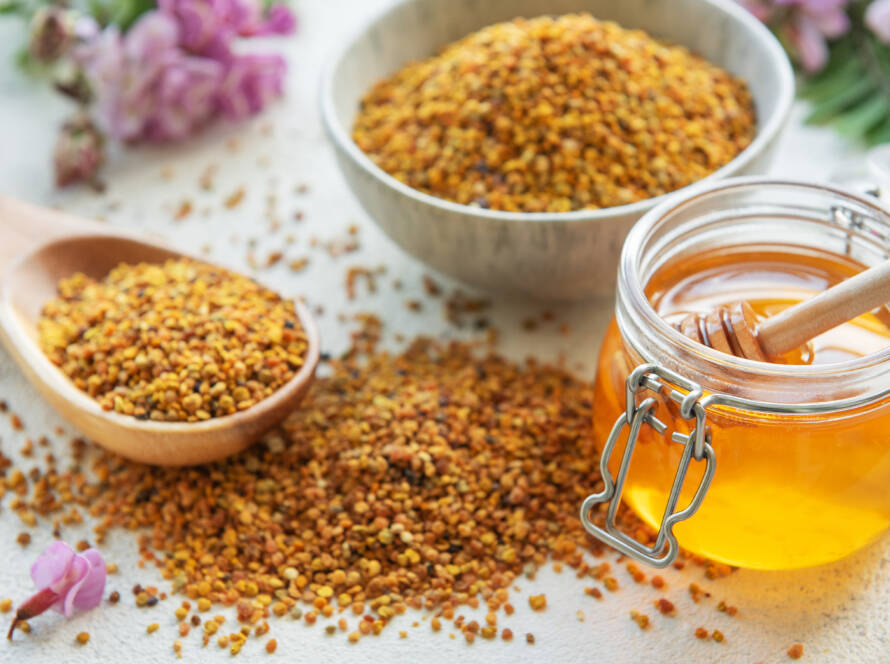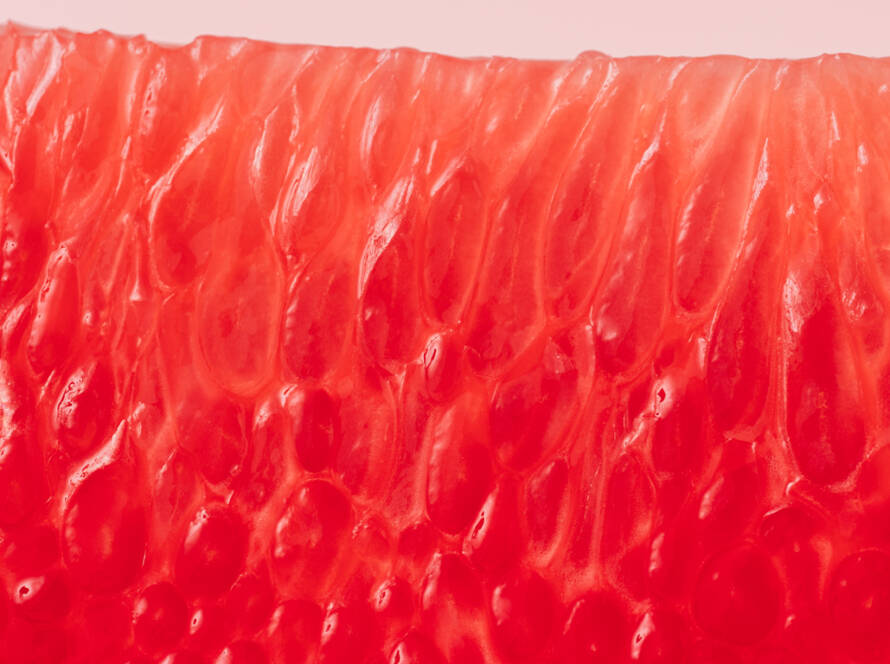Lemon Balm
Introduction
Lemon balm (Melissa officinalis) is a low-growing perennial herb known for its ovate or heart-shaped leaves that release a lemon scent when bruised. It produces small yellow or white flowers that attract bees and other insects. Native to the Mediterranean region and western Asia, lemon balm is now widely naturalized across Europe, Asia, and North America. The leaves are typically harvested before flowering for medicinal use.
Historically, lemon balm has been utilized in herbal medicine since ancient times, with references from notable figures such as Pliny, Dioscorides, Paracelsus, and John Gerard. The name “Melissa” is derived from the Greek word for bee, while “balm” is a contraction of “balsam.” The herb has culinary and medicinal applications, primarily recognized for its carminative, diaphoretic, and antipyretic properties.
Common Names
- Lemon Balm
- Balm
- Melissa
- Sweet Balm
Latin Name
Melissa officinalis
Uses
Lemon balm is primarily noted for its effects on the central nervous system. Research indicates:
- A small study showed reduced stress and agitation in patients with dementia and Alzheimer’s disease.
- Lemon balm cream has effectively treated herpes virus lesions in several small placebo-controlled trials.
How It Is Used
For issues such as difficulty sleeping or digestive complaints (flatulence, bloating), lemon balm can be consumed in the following forms:
- Tea: 1.5 to 4.5 grams of the herb several times daily.
- Tincture: 2 to 3 mL thrice daily, equivalent to fluid extract or capsules.
For cold sores or herpes lesions, prepare a tea by steeping 2 to 4 teaspoons of crushed leaves in 1 cup of boiling water for 10 to 15 minutes. After cooling, apply with cotton balls to the sores throughout the day.
Lemon balm can be used topically on cold sores by children with the same dosage as adults. Adjust the adult dosage based on the child’s weight for internal use. For example, a child weighing 50 lbs (20-25 kg) would receive approximately one-third of the adult dosage.
Scientific Evidence
Placebo-controlled trials have indicated symptomatic improvement for herpes virus lesions after applying a standardized lemon balm cream, used 2 to 4 times daily for 5 to 10 days.
Side Effects and Cautions
Currently, lemon balm has no well-documented side effects, and most clinical trials report no adverse reactions.


